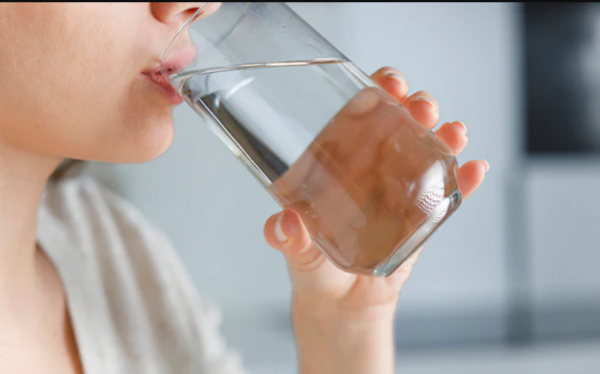Water Lithium Increases Autism Risk 2023

According to experts, an essential biochemical mechanism involved in neurodevelopment and autism may be affected by higher amounts of lithium in tap water used by pregnant women, hence raising the likelihood that their children would have autism spectrum disorder.
Future human activities, such as the increasing use of lithium batteries and their disposal in landfills, might contaminate groundwater, they warned, which could increase lithium levels in water.
The experts from University of California Los Angeles (UCLA) Health, United States, also stated that the conclusions of their study, which were based on Danish data, must be repeated in different populations and regions of the globe.

These findings have been published in the Journal of the American Medical Association for Pediatrics
Beate Ritz, a professor of neurology at UCLA Health and the principal author of the study, stated, “Any pollutants in drinking water that may have an effect on the growing human brain need careful attention.”
Due to lithium’s mood-stabilizing properties, lithium compounds have been used to treat depression and bipolar illnesses for decades.
Nevertheless, the safety of lithium use by pregnant women is contested in light of mounting evidence linking it to an increased risk of miscarriage and heart abnormalities or birth problems in neonates.
Ritz discovered experimental evidence that lithium, one of the several naturally occurring metals frequently present in water, might alter a crucial biochemical process involved in neurodevelopment and autism.
This study expanded on previous findings from Denmark’s high-quality medical registry data that chronic and low-dose lithium ingestion from drinking can influence the incidence of adult onset neuropsychiatric disorders, according to Zeyan Liew, assistant professor at Yale School of Public Health in the United States.
The researchers identified children born between 1997 and 2013 by collaborating with Danish researchers who analyzed lithium levels in 151 public waterworks in Denmark and by utilizing a national database of individuals with psychiatric problems. The researchers then compared 12,799 children with autism to 63,681 children without an autism diagnosis.
Researchers found that the chance of receiving an autism diagnosis was directly proportional to lithium levels.
The second and third quartiles of lithium levels were related with a 24-26 percent increased risk of autism, as determined by dividing the lithium levels into quartiles, or four groups each containing a quarter of the data.
Compared to the lowest quartile, the risk was 46 percent higher in the top quartile.
They also discovered that the relationship was slightly greater among urban residents than among those living in smaller cities and rural regions.
